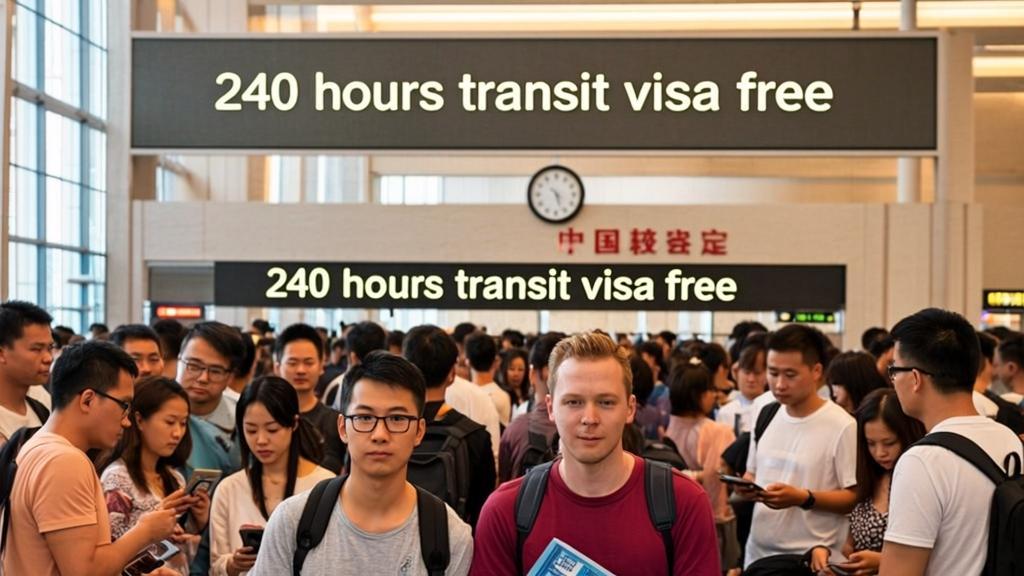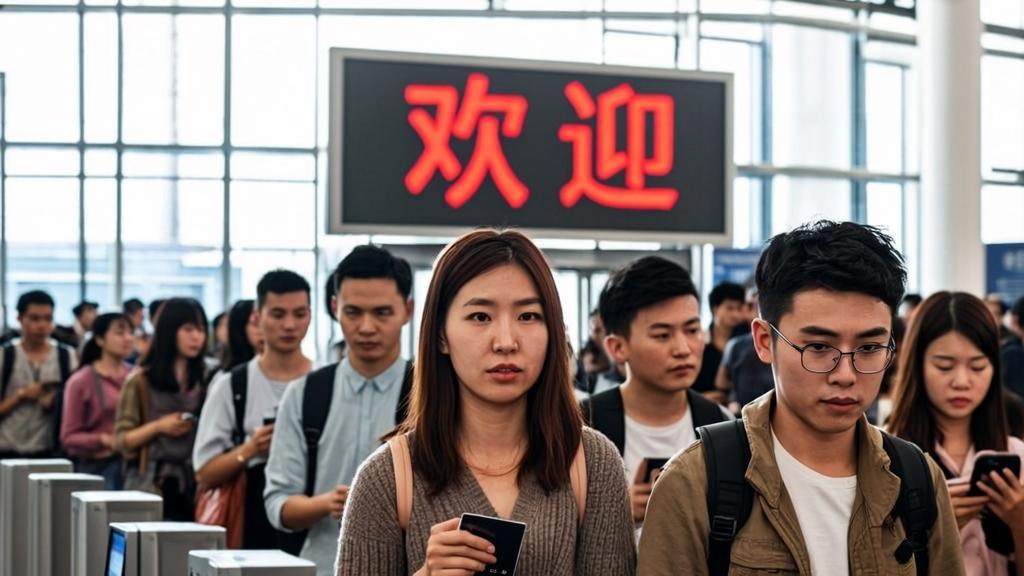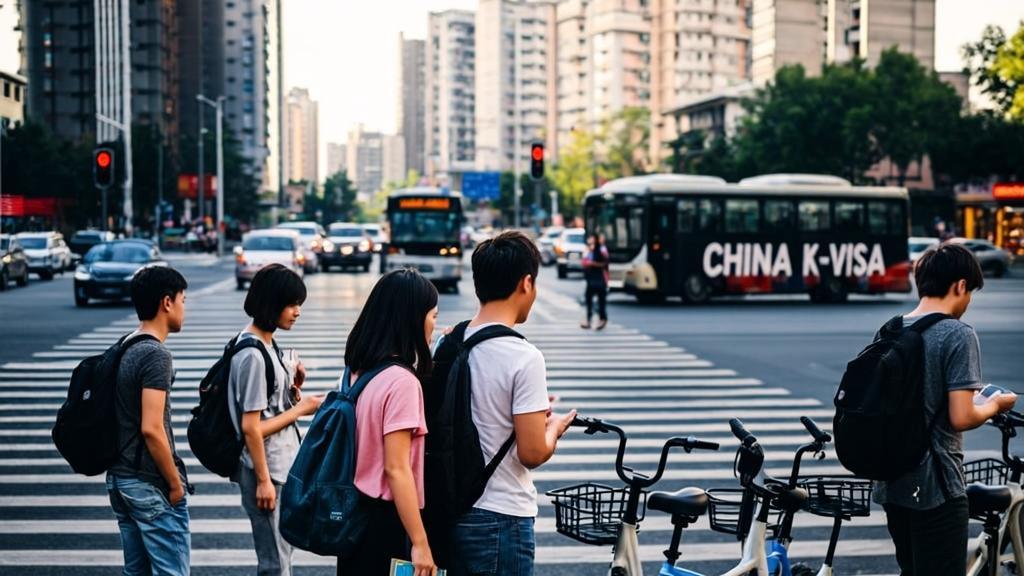China offers visa-free stay options for travelers from certain countries and regions, making short visits more convenient for tourism, business, or transit. With various visa-free policies in place, including transit exemptions and special agreements, it’s essential to understand the eligibility requirements, duration limits, and application processes.
At OlaChina, we provide clear and up-to-date information on China’s visa-free stay regulations. Learn about:
- Eligible countries and regions.
- Transit visa exemptions (24/72/144-hour policies).
- Entry and exit requirements for visa-free travel.
Plan your trip confidently with OlaChina as your trusted resource for navigating China’s visa-free policies!
Q&A on Visa-free Policy
Q1. According to the provisions of the mutual visa exemption agreements signed between China and relevant countries, foreign citizens who meet the conditions for visa exemption can “stay for no more than 90 days in every 180 days”, how to understand and calculate?
Answer to Q1: “The cumulative stay of a foreigner shall not exceed 90 days in every 180 days” means that a foreigner shall stay in China for no more than 90 days within 180 days from any natural date, and the 90 days do not include the period of stay and residence in China with visas, residence permits and other visa documents, as well as the period of stay and residence in China with APEC business travel cards. If the cumulative period of stay without visa within 180 days has reached 90 days at the time of entry, visa-free entry is not allowed; If the cumulative stay is less than 90 days, but the remaining stay period is less than 30 days, the visa-free stay shall not exceed the remaining visa-free stay period.
Q2. Can a foreign citizen of a country with whom China has visa-free entry without a visa and loses his or her passport after being inspected and stamped by the border inspection authorities, can he leave the country directly with the emergency travel document issued by the embassy of that country in China?
Answer to Q2: The visa exemption agreements signed between China and relevant countries clearly stipulate the applicable types of documents, usually passports, and some agreements also include temporary travel documents and other international travel documents. If a foreign citizen enters the country without a visa with an international travel document specified in the agreement, he or she may leave the country normally during the visa-free stay period with the replacement document if the replacement document falls within the category of document specified in the visa exemption agreement. If the visa-free stay period is exceeded, or if the replacement travel document does not fall within the category of documents stipulated in the agreement, it is still necessary to apply for a stay permit at the exit-entry administration department of the public security organ and leave the country within the period of stay permitted by the stay permit.
Q3. What should foreign nationals of countries with whom we have visa-free travel continue to stay in China after the expiration of the visa-free period of stay?
Answer to Q3: Foreign citizens of countries with whom China is exempt from visas should leave the country before the expiration of the visa-free period of stay. If it is necessary to continue to stay in China due to emergency reasons or force majeure, the applicant shall apply to the exit-entry administration department of the public security organ for stay formalities before the expiration of the visa-free stay.
Q4. Do foreign nationals of countries with whom we have visa-free visas need to register for accommodation after entering the country without a visa?
Answer to Q4: Article 39 of the Law of the People’s Republic of China on the Administration of Exit and Entry stipulates that if a foreigner stays in a hotel within the territory of China, the hotel shall register his accommodation in accordance with the relevant provisions of the public security administration of the hotel industry, and report the foreigner’s accommodation registration information to the local public security organ. Where a foreigner resides or stays at a residence other than a hotel, he or the person staying at the hotel shall register with the public security organ at the place of residence within 24 hours of moving in. According to the above provisions, foreign citizens of countries with whom China has a mutual visa exemption must register for accommodation in accordance with the law after entering the country without a visa.
THE “ARRIVAL CARD” FILLED IN BY FOREIGN CITIZENS WHEN ENTERING CHINA HAS BEEN NOTIFIED OF THE FOREIGNER’S ACCOMMODATION REGISTRATION IN BOTH CHINESE AND ENGLISH IN THE “IMPORTANT NOTICE”, PLEASE FOLLOW THE RELEVANT INSTRUCTIONS TO COMPLETE THE FOREIGNER’S ACCOMMODATION REGISTRATION IN ACCORDANCE WITH THE LAW. China’s immigration authorities and public security organs have further simplified the registration process, and will make full use of Internet technology to simplify the registration and declaration methods to improve the convenience of foreigners in China.
Reference link: https://www.gov.cn/zhengce/202406/content_6957001.htm











